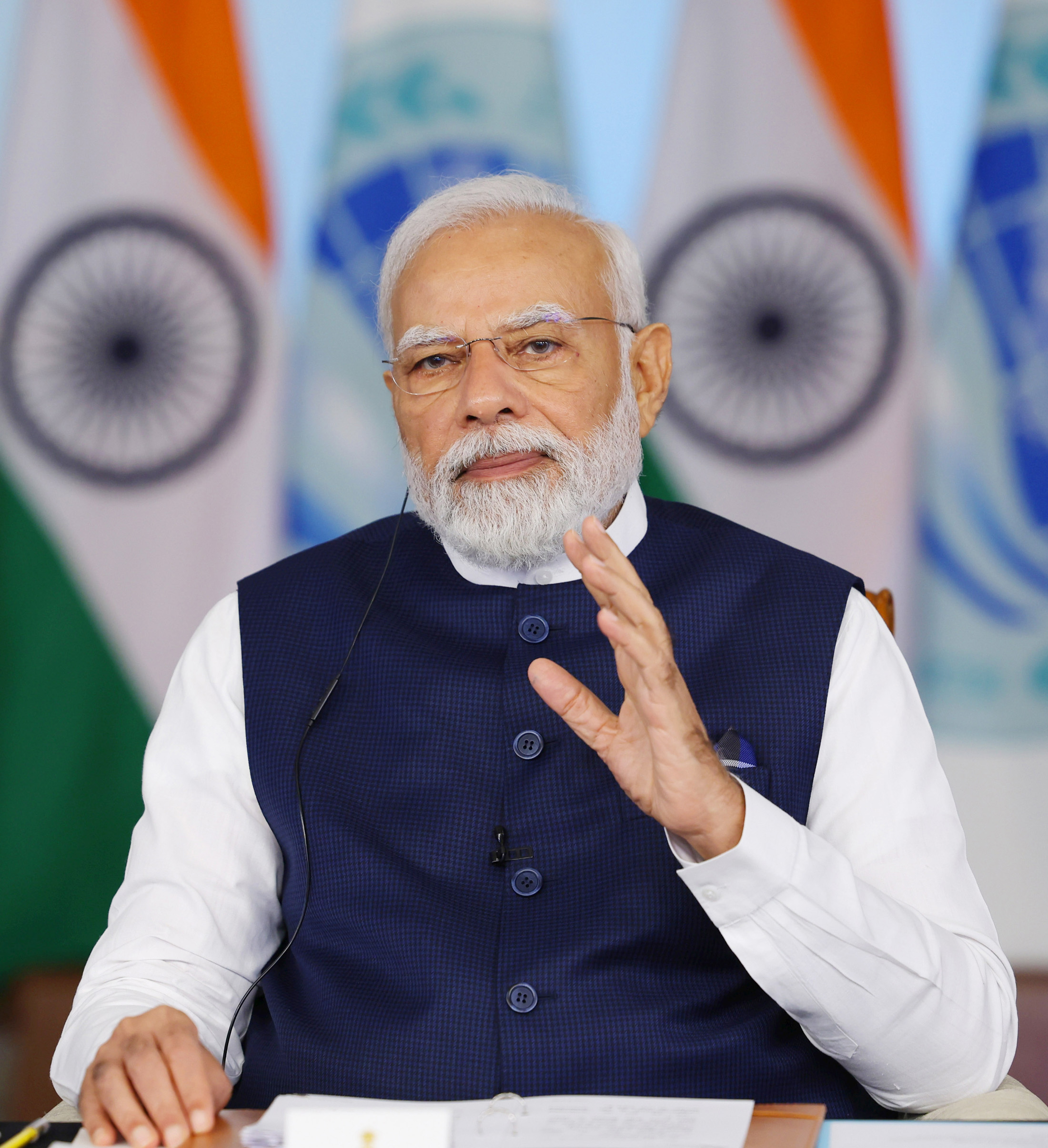Modi is human, not god or demon
Ravi Shanker Kapoor | August 28, 2017 2:02 pm

Both the devotees and haters of Prime Minister Narendra Modi attribute so many qualities and powers to him that we are always at the risk of getting an unreal picture of the man. For the bhakta, he is a blend of Superman, Batman, Spiderman, and of course our swadeshi Shaktimaan. Modi can lift a sagging economy and redeem the poor (indeed he has already done that by now), teach Pakistan a lesson (also a done deed), and take on China. For the Left-liberal, however, Modi is as dangerous as, if not more than, Hitler; he would throw Muslims in concentration camps, a la Auschwitz, impose a vile homogeneity in India, and control everything and everybody if he is not checked properly. Therefore, it is time we examined the supposed omnipotence of Modi.
Over two years ago, he wanted an illiberal land acquisition Bill to be cleared by Parliament. The rationale was correct: about half of the country’s workforce is engaged in the farm sector that contributes 15-20 per cent of its economic output, so something else is needed; that could only be industrialization. But this would require land which had to be acquired from the owners; the proposed legislation had a strong element of coercion. All, of course, for the greater good of the nation.
Modi addressed this issue in his Munn ki Baat, saying: “In every household, the farmer wants only one son to stay in farming. But he wants other children to get out there and work because he knows that in order to run a household in this day and age different endeavors need to be made.” Emphasizing that his government had made the existing acquisition regime more farmer-friendly, he made a strong case for the Bill that would facilitate the building an industrial corridor, thus generating huge number of jobs.
But, as is well known, all the Prime Minister’s arguments and all the Prime Minister’s failed to get the legislation cleared in the Rajya Sabha. There are many areas in which Modi has failed because of lack of action—e.g., economic reforms, administrative and police reforms, marginalization of Pakistan (despite surgical strikes), and defence preparedness. We are, however, focusing on the areas in which he tried and failed.
Demonetization, of course, tops the list. That it brought rich political dividends, as evidenced from the landslide victory in Uttar Pradesh, is quite clear; but the dividends were the result of serendipity rather than of some intelligent economic policy. In fact, as a policy measure, it was a disaster, bringing down economic growth, devastating the informal sector (whose share in the Indian economy is very large), and adversely affecting job creation. As for the good effects (other than the Bharatiya Janata Party winning Assembly polls), you have to be Modi-bhakta to see any. None of the goals—eradicating terror funding, black money, corruption, parallel economy—has been achieved.
Similarly, the Modi government has been regularly slammed by the judiciary, be it Section 66A, the collegium system, or privacy. A high court judge last week went on to the extent of castigating the Prime Minister personally. He is the Prime Minister of India, not of the BJP, the judge reportedly said. I don’t recall any precedent to these remarks. At any rate, a God-king or a Hitler can’t be subjected to such criticism.
What is more important is that Modi and his regime have taken criticism by the judiciary in their stride. One has to be a rabid Modi hater to say that he hasn’t exhibited proper deference to the judiciary. Compare this with—well, forget Hitler—how Indira Gandhi treated the judiciary. Top judges were superseded, the most illustrious of them being Justice H.R. Khanna. There was a debate to have a ‘committed judiciary’—a euphemism to have supple, if not obsequious, judges that would go along with rather than against government.
In the light of these facts, we can conclude that Modi is neither a Superman who could do anything that good nor a demon who is about to destroy the country. He is human, with all the frailties and fallibilities that are part of a man’s nature.





























